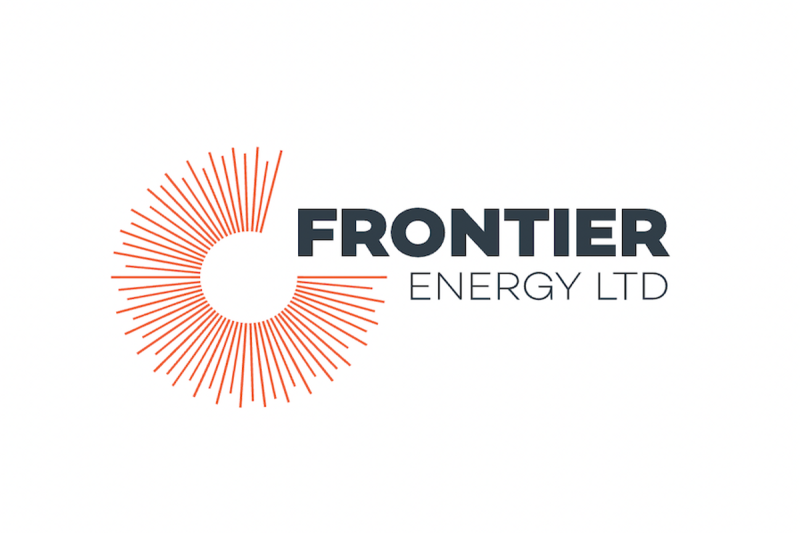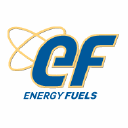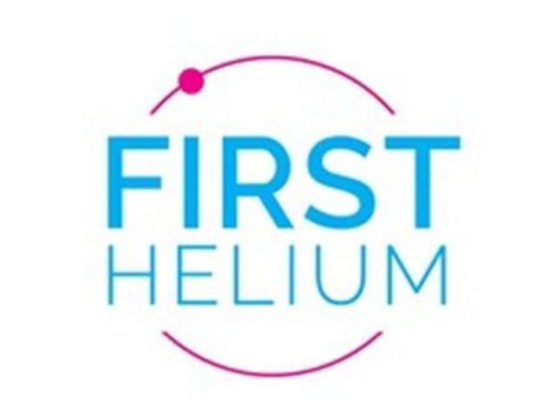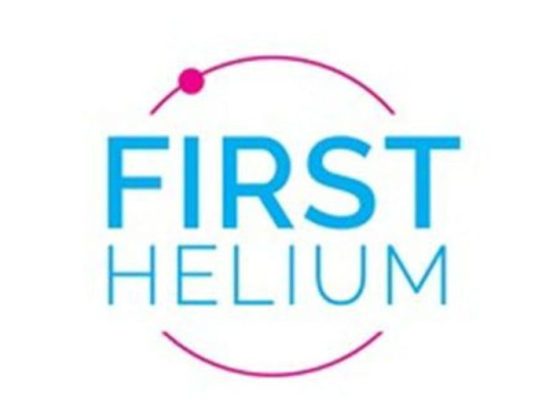Definitive Feasibility Study (DFS) Confirms Strong Returns
The recent Definitive Feasibility Study (DFS) conducted on the Waroona Renewable Energy Project has indicated strong financial returns and a rapid payback period. This early-stage greenfield project, envisaged to harness solar and wind energy, is fast signaling its viability as a lucrative investment.
In-depth Examination of DFS Findings
A DFS, being the final thorough investigation reflecting all the positive, negative, and potential outcomes of a plan, has substantial influence over the approval or rejection of a project. For the Waroona Renewable Energy Project, the DFS examined capital expenses, operational costs, environmental impacts, and socio-economic ramifications. The confirmation of strong financial returns and rapid payback has provided a significant confidence boost to the participating entities and potential investors.
The solid financial returns indicated by the DFS are largely driven by the foresight of incorporating different types of renewable energies into the project. By harnessing both solar and wind energy, the project aims to generate a continuous power supply irrespective of weather conditions, thus ensuring a consistent revenue inflow. This approach significantly mitigates the cyclical downturns that are common in renewable energy projects reliant on a single source.
Quick Payback: A Catalyst for Investor Confidence
The rapid payback period estimated in the DFS further cements the project’s attractiveness. A shorter payback period typically translates into a lower risk for investors, thus accelerating the inflow of capital investments. For the Waroona project, the quick payback period demonstrated not only the strong project design but also the efficacy of the chosen technologies and viability of the location.
Location and Technological Efficacy
Geographically, Waroona boasts an optimal solar insolation and wind conditions that maximize the production capacity of the renewable energy project. These favorable environmental factors, coupled with efficient solar panels and wind turbines, are integral contributors to the project’s profitability.
The DFS also acknowledged the importance of selected cutting-edge technology, including advanced photovoltaic cells and wind turbines. These technologies increase energy conversion efficiencies, minimize maintenance requirements, and offer longer service lives, effectively reducing operational costs and driving profitability.
Environmental and Socio-economic Implications
The DFS took into account the potential environmental benefits of the project. Renewable energy projects like Waroona not only fight climate change by reducing dependence on fossil fuels but also stimulate the local economy. Job creation during the construction, operation, and maintenance stages will give a substantial boost to the local communities.
The study further highlights the potential ripple effect of the project on the region’s socio-economic fabric. It is set to trigger advancements in the local infrastructure, particularly in transport and communication, thereby making Waroona a more attractive destination for other kinds of investments.
In conclusion, the Definitive Feasibility Study (DFS) for Waroona Renewable Energy Project confirms its robust financial returns and swift payback period. This attests to the strategic significance of diverse energy sources, efficacious technology, and favorable geographic conditions. It underscores the project’s potential to bring not only environmental benefits but also socio-economic transformation to the region. The DFS findings have paved the way for Waroona Renewable Energy Project to materialize into a shining example of successful sustainable development.











